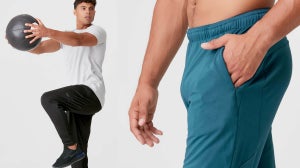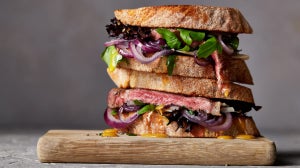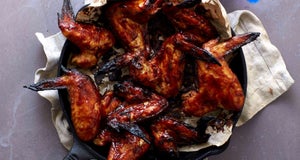
Clean Eating Vs Flexible Dieting
By Myprotein Writer Hannah Staff
Last year clean eating was the latest food movement to hit the headlines, with celebrity endorsements from the likes of Gwyneth Paltrow, Katy Perry and Hugh Grant, to name but a few. While there is no definitive guideline for what constitutes eating ‘clean’, the regime tends to focus on raw, vegan and organic produce that’s free from artificial, processed and so called ‘dirty’ junk food. Eliminating sugar, refined carbs and processed food is certainly one way to shed excess weight, but is such a restrictive plant-based diet really the answer to good health?
On first impressions alone, flexible dieting (aka IIFYM) does seem a whole lot more appealing - the idea being that you will lose fat eating the foods you love.
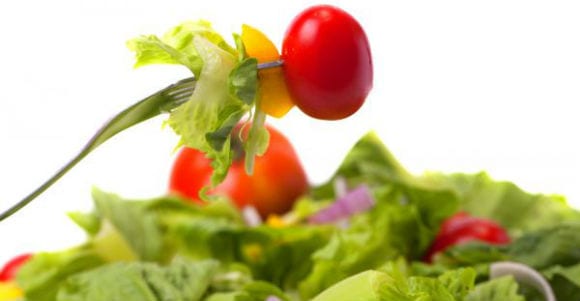
Essentially then, it allows you to eat what you want, when you want, but only If It Fits Your Macros (IIFYM).
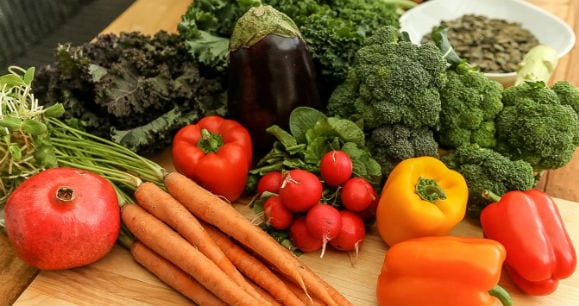
Clean eating: Pros
1. Eliminates sugary and processed food in favour of natural, whole foods with greater nutritional value
2. It’s not a diet, but a lifestyle choice. The emphasis of clean eating is not primarily on fat loss but optimum long-term health for your body.
3. Balanced approach to diet, combining lean protein and complex carbs at every meal, with an adequate serving of healthy fats each day.
4. The Eat-Clean Diet advocates eating five to six smaller meals throughout the day, encouraging eaters to control their portion sizes and may help reduce cravings and hunger.
Clean eating: Cons
1. Vague guidelines. There is no objective definition of clean eating and the variations in what’s deemed acceptable can make sticking to the regime problematic, and render the health benefits difficult to measure or quantify.
2. Requires enormous levels of motivation and self-discipline. Such a restrictive diet plan and the restraints on eating out is unrealistic for most people and could lead to severe cravings, bingeing and low-levels of essential iron and calcium.
3. Weight loss is a simple matter of calories in versus calories out, and an excess of calories (no matter how ‘clean’ they are) can still be bad for you
4. Meal frequency and its relation to the Thermic Effect of Food (TEF) is all relative, and there’s no set rule that eating little and often will increase TEF, calorie burn and metabolism. It’s more a case of finding what works for you.
Flexible dieting: Pros
1. No food is off limits. While healthy, nutrient-dense foods are prioritised, how you choose to spend your macros and day’s calories is up to you, meaning a lot more freedom and choice in the types and timing of your meals.
2. Weight loss and weight maintenance is all about caloric balance. By monitoring and managing the surplus or deficit of your calories and macros, flexible dieting is effective and will help you to lose weight or stay in shape.
3. The lack of restriction in flexible dieting reduces the feeling of deprivation, and so makes it a more sustainable diet plan.
4. It works with any diet. By working by principles as opposed to rules, you won’t have to give up your existing diet, only adjust it to suit your daily calories and macro range.
Flexible dieting: Cons
1. Followers claim that flexible dieting allows you to manage your weight without thinking about food, but constantly logging your calorie and macro intake isn’t much fun either and acts as a constant reminder of the regime.
2. Providing a guideline for basic nutritional needs and emphasising calorie intake and macronutrient composition over food choices may cause you to neglect other essentials (fibre, vitamins, minerals, omega 3 etc.) and doesn’t address the impact your food will have on digestion, hormones and overall health.
3. Flexible dieting is still a diet. It sounds obvious, but flexible dieting is only more flexible to those already on strict eating regimes and your set amount of protein, fats and carbs may be significantly less than what you’re currently consuming.
4. Not everyone has the willpower to only eat a little junk food and so, while a small amount here and there won’t hurt, it could lead to increased cravings, sugar addictions and calorie blow-outs on foods void of any real nutritional value.
A Take Home Message
When it comes to choosing your diet- don’t just go with the crowd, do what’s best for you! There are pros and cons to both clean eating and flexible dieting and ultimately it depends which diet best meets your goals, requirements and dietary needs.
Protein
Our articles should be used for informational and educational purposes only and are not intended to be taken as medical advice. If you're concerned, consult a health professional before taking dietary supplements or introducing any major changes to your diet.

